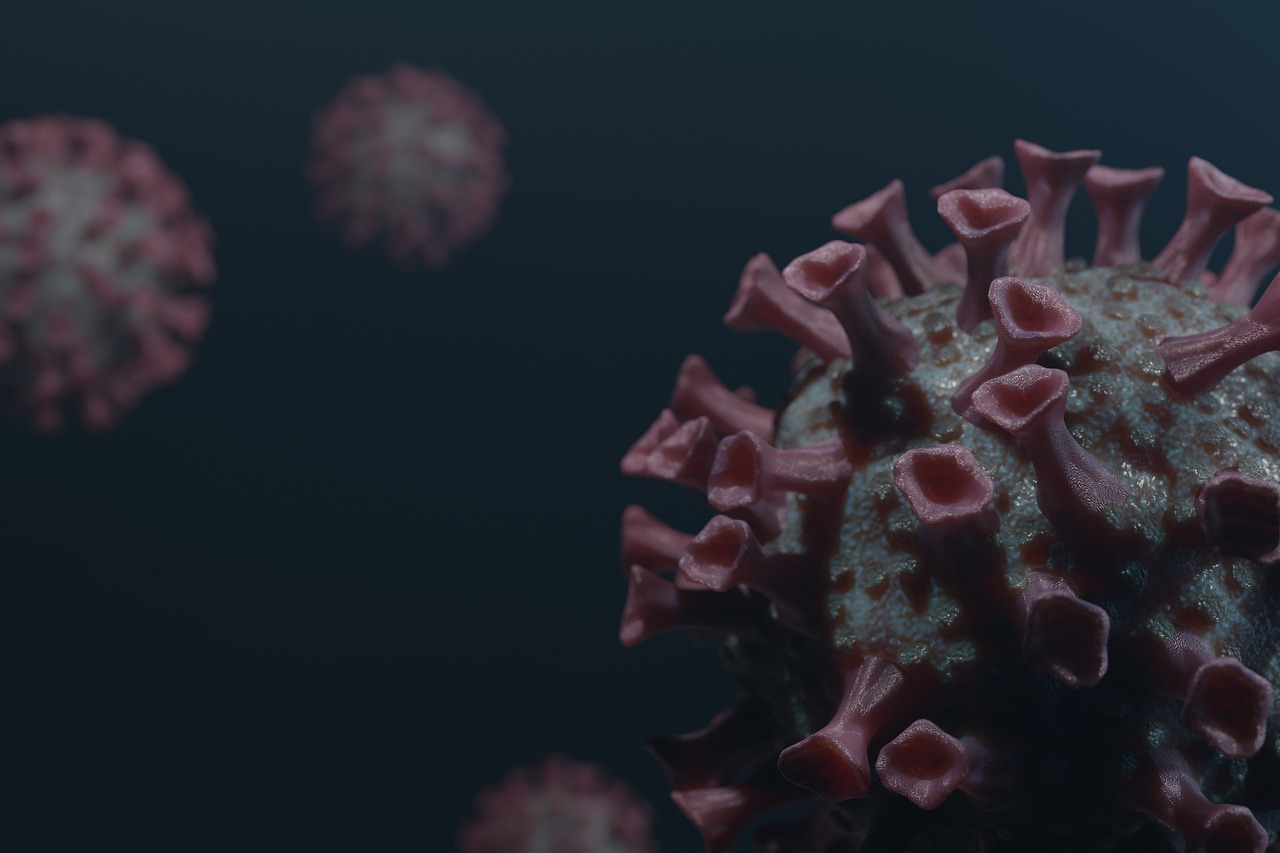Hormonal Changes in Adolescence: Allpanel login, Mahadev online book, Cricket online id
allpanel login, mahadev online book, cricket online id: Adolescence is a time of significant change in a person’s life, and one of the most notable changes during this period is hormonal fluctuations. These hormonal changes play a crucial role in physical, emotional, and cognitive development during adolescence.
1. Puberty: The Onset of Hormonal Changes
Puberty marks the beginning of hormonal changes in adolescence. Typically occurring between the ages of 8 and 14 for girls and 10 and 17 for boys, puberty is initiated by the release of hormones called gonadotropin-releasing hormone (GnRH) from the hypothalamus. This triggers the release of luteinizing hormone (LH) and follicle-stimulating hormone (FSH) from the pituitary gland, stimulating the production of sex hormones such as estrogen and testosterone.
2. Physical Changes: Growth Spurts and Secondary Sexual Characteristics
Hormonal changes during puberty are responsible for the physical changes that adolescents experience. These changes include rapid growth spurts, the development of secondary sexual characteristics such as breast development in girls and facial hair growth in boys, and changes in body composition.
3. Emotional Rollercoaster: Mood Swings and Behavior Changes
Hormonal fluctuations also play a significant role in adolescents’ emotional well-being. During this period, teenagers may experience mood swings, increased irritability, and heightened emotions. These changes are due to the impact of hormones on neurotransmitters in the brain, affecting mood regulation and behavior.
4. Cognitive Development: Impact of Hormonal Changes on Brain Function
Beyond physical and emotional changes, hormonal fluctuations in adolescence can also influence cognitive development. Research has shown that hormones such as estrogen and testosterone can affect brain function, including memory, attention, and decision-making abilities. These changes may contribute to shifts in behavior and cognitive processing during adolescence.
5. Hormonal Imbalance: Causes and Consequences
While hormonal changes are a normal part of adolescence, imbalances in hormone levels can lead to various health issues. Hormonal imbalances can be caused by factors such as stress, poor diet, lack of exercise, and underlying medical conditions. Consequences of hormonal imbalances may include irregular menstrual cycles, acne, weight gain, and mood disorders.
6. Hormonal Changes and Mental Health: Understanding the Link
The impact of hormonal changes on mental health is a topic of growing interest among researchers and healthcare professionals. Studies have shown that fluctuations in hormones during adolescence can contribute to the development of mental health disorders such as depression, anxiety, and eating disorders. Understanding the link between hormonal changes and mental health is crucial for early intervention and prevention strategies.
7. Managing Hormonal Changes: Tips for Adolescents
Adolescents can take steps to manage hormonal changes and promote overall well-being during this transitional period. Strategies such as maintaining a healthy diet, getting regular exercise, practicing stress management techniques, and seeking support from family and friends can help adolescents navigate hormonal fluctuations and promote physical and emotional health.
FAQs
Q: Are hormonal changes during adolescence permanent?
A: Hormonal changes during adolescence are a normal part of development and typically stabilize by late adolescence or early adulthood. However, certain hormonal conditions may persist into adulthood and require medical intervention.
Q: How can parents support their teenagers during hormonal changes?
A: Parents can support their teenagers by maintaining open communication, providing a supportive environment, and encouraging healthy habits such as proper nutrition, regular exercise, and adequate sleep.
Q: When should teenagers seek medical help for hormonal imbalances?
A: Teenagers experiencing symptoms of hormonal imbalances such as irregular menstrual cycles, persistent acne, significant weight changes, or mood disturbances should consult a healthcare provider for evaluation and treatment.
In conclusion, hormonal changes in adolescence play a crucial role in physical, emotional, and cognitive development. By understanding the impact of these hormonal fluctuations and implementing strategies to promote well-being, teenagers can navigate this period of change with resilience and support.







